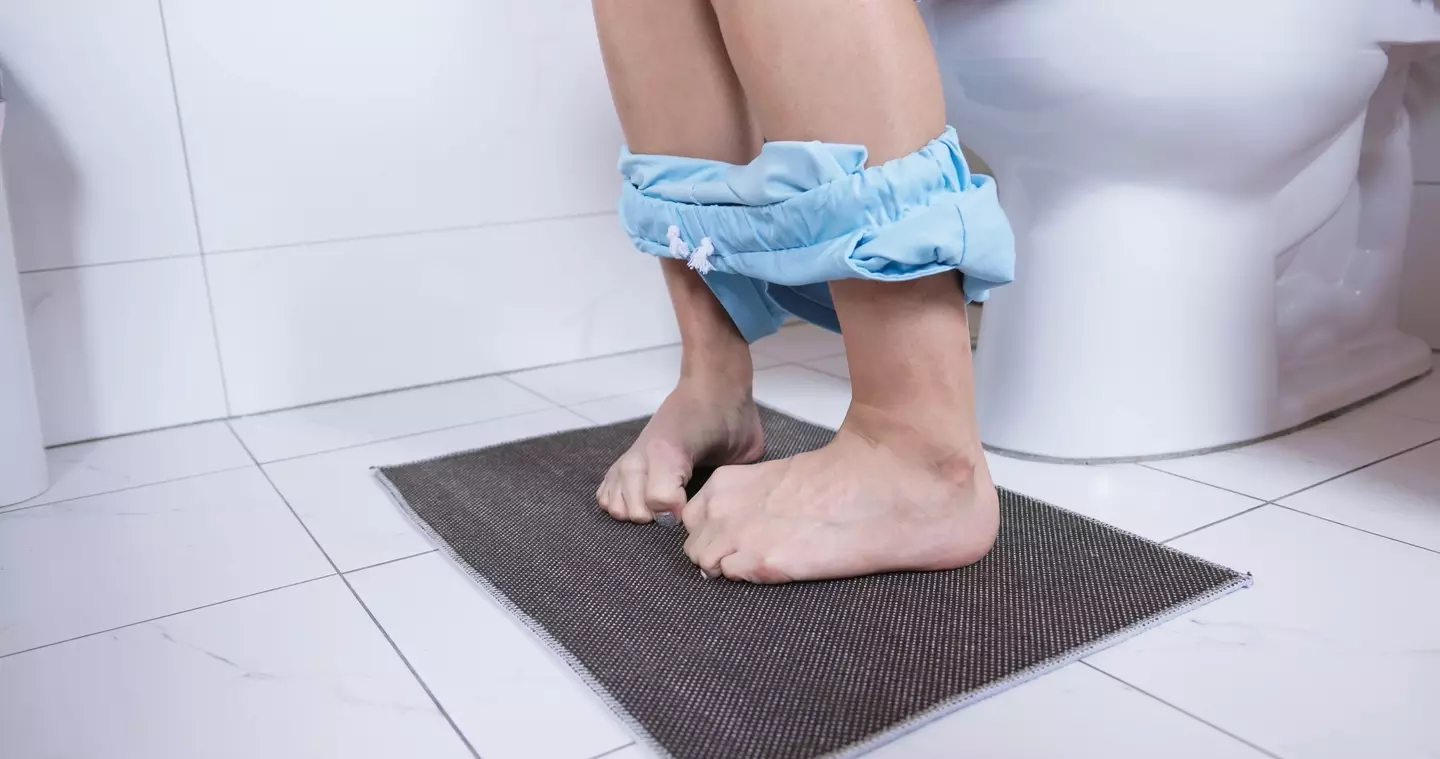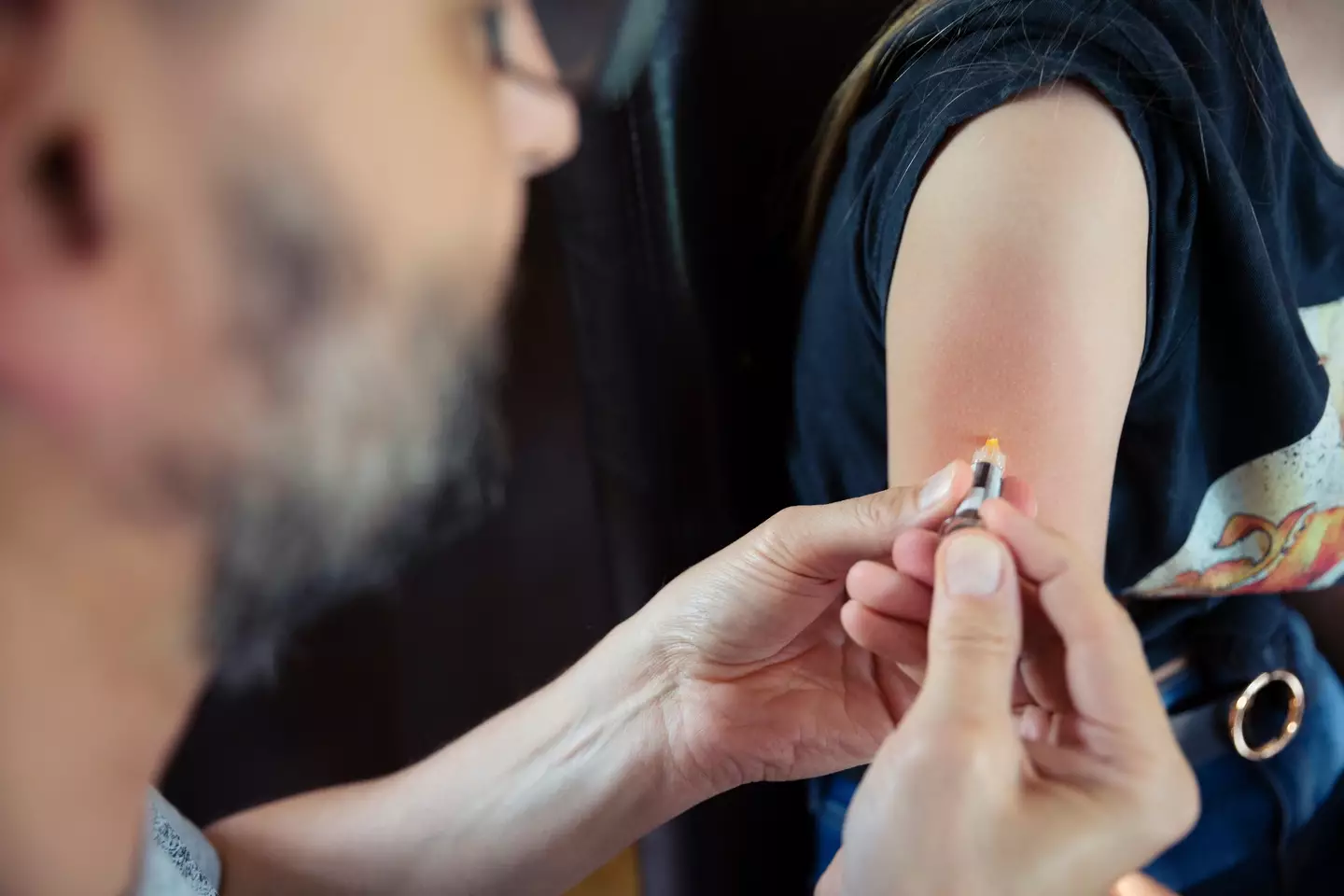Anal cancer is on the rise in certain groups (Getty Stock Image)
In a recent study, presented at Digestive Disease Week, scientists found that anal cancer cases have increased by 2.9 percent for women and 1.6 percent for men in the years between 2017 and 2021.
“Rates of anal cancer are rising fastest among white and Hispanic women over 65 – groups not traditionally considered high risk,” said lead author Dr Ashley Robinson, a second-year internal medicine resident at Advocate Lutheran General Hospital.
Who’s most at risk of anal cancer?
According to the research, women over the age of 65 have seen the biggest increase, with a 4.3 percent rise.
Meanwhile, Hispanic women in the same age group followed, with an annual increase of 1.7 percent.
If this continues, scientists believe that the cases of anal cancer in women over 65 could double in less than 17 years.
Rates of anal cancer are rising fastest among white and Hispanic women over 65 (Getty Stock Image)
Although the reason for the increase isn’t clear, Dr Robinson believes it could be down to the HPV vaccination, which – although now widely available – may not have been recommended for women now aged over 65.
Anal cancer is linked to HPV infections, with most cancers caused by the virus.
The vaccine was initially introduced in the US in 2006.
It reduces your chances of catching HPV, which is spread through skin to skin contact, usually during sex.
Some types of HPV are linked to the following cancers: cervical, mouth, anal, penile, vulval and vaginal.
The CDC recommends that young people up to the age of 26 get the vaccine, ideally before becoming sexually active.
This is because the benefits of the jab can be limited if a person has already been exposed.
In the UK, children aged 12 to 13 years old are eligible to be vaccinated.
The HPV vaccine was introduced in the US 2006 (Getty Stock Image)
“It’s crucial that we promote HPV vaccination as a key tool for preventing anal cancer, while also keeping health care providers informed as screening guidelines evolve,” Dr Robinson said.
“These findings highlight specific patient groups who may benefit from targeted screening for anal HPV and anal cancer.”
Currently, older women are not screened for anal cancer, however the findings of the study have suggested that this could be beneficial.
If you’ve been affected by any of these issues and want to speak to someone in confidence, contact the American Cancer Society on 1-800-227-2345 or via their live chat feature, available 24/7 every day of the year.






